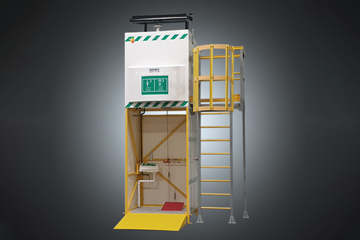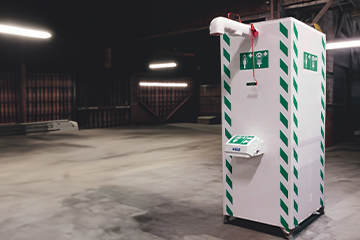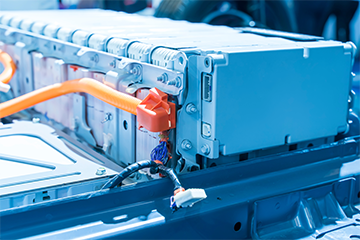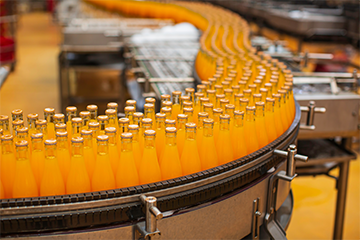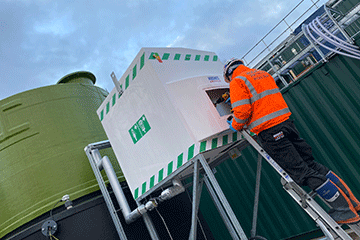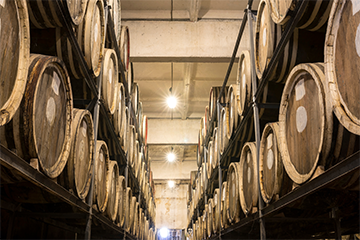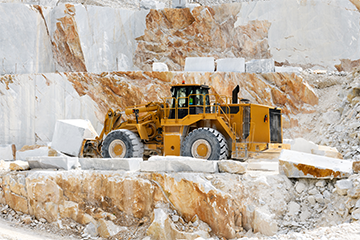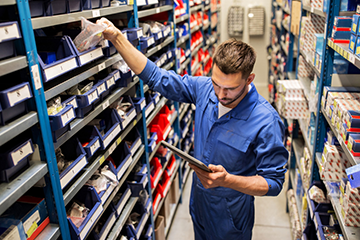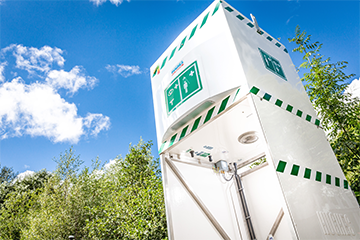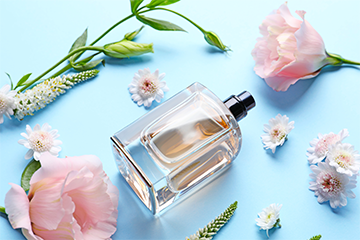Enquiry List () (0)
- 9 Apr 2024
Hughes' Tank-Fed Safety Showers – Rapid Emergency Response in Hazardous Environments
Self-contained and resilient, emergency tank showers are suitable for all climates and locations, and often the simplest and most comprehensive way to stay compliant. But what sets the Hughes emergency tank shower apart from others on the market? We've started with ten reasons, but we could go on and on!




